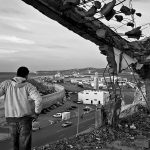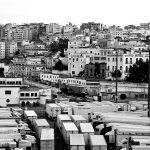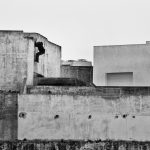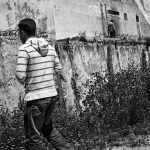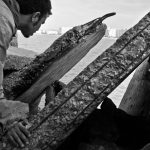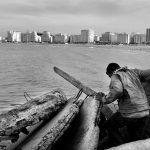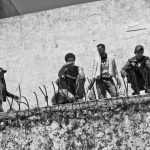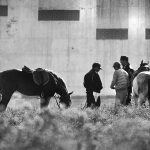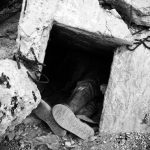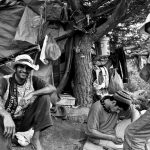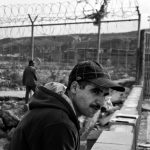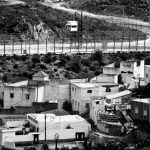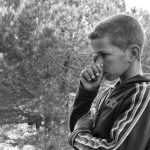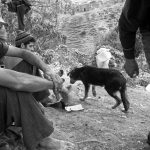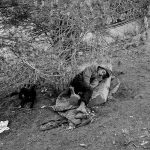In Tangier, Morocco, when night comes, illegal immigrants (arab. harraga) try to hide in a truck’s underbody to leave Morocco on board a ferry. To be successful, one needs skills and luck due to detailed checks in Morocco and destination ports.
Harraga have no respect in society. No humanitarian aid is available, police beat them savagely, they suffer from illnesses, hunger, and parasites. Rubbish bins are the common source of food. They live near the port in abandoned buildings or among concrete slabs used as shelter.
No support comes from Muslim organizations. Haraga can’t visit mosques because they are perceived as bad Muslims.
Losing touch with Islam, harraga lose part of their identity, which could help them to survive hard times. Living this kind of life leads to drugs and drinking alcohol, which separates them from society even more.
In the forests near Ceuta, the Spanish enclave in Morocco, illegal would-be immigrants live in tents made from plastic and old carpets. They wait for their chance to get a firm grip on a barbed wire attached to the 3m high border fence dividing Morocco and Ceuta and take a jump to a fairer life.
